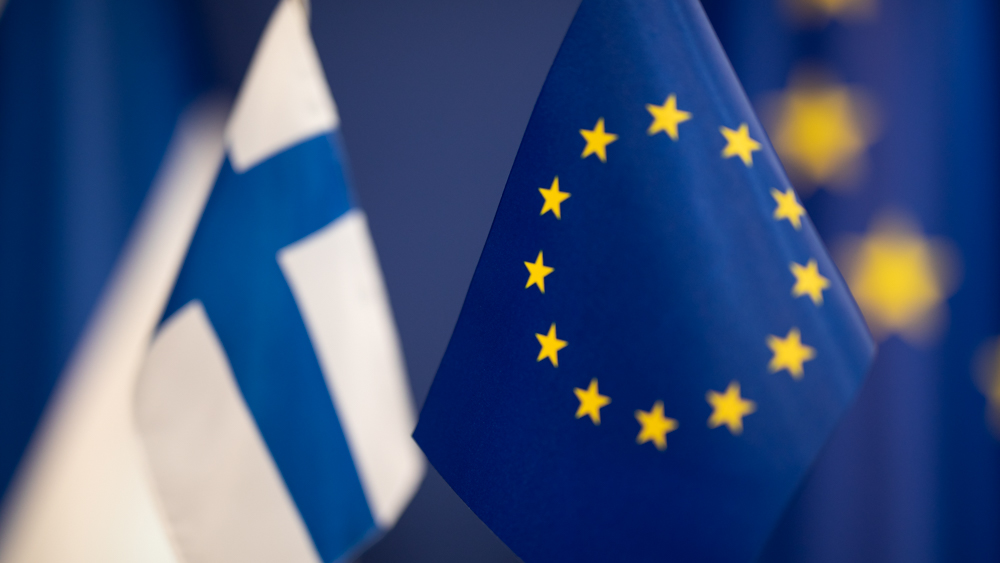Ministerial Committee on EU Affairs discusses Schengen area development

The Ministerial Committee on European Union Affairs met on Wednesday 8 May to discuss the development of the Schengen area. The Ministerial Committee also outlined Finland's positions for the two upcoming meetings of the Council of the European Union.
The Ministerial Committee on EU Affairs supplemented the positions it had formulated on the Schengen area development when outlining Finland's EU policy priorities in January. The functioning of the Schengen area has improved much since the migration crisis in 2015 and terrorist attacks highlighted its vulnerabilities. However, Russia's aggression against Ukraine and instrumentalisation of migration have changed the security situation in the Schengen area in recent years, requiring further development of the Schengen area operations. The Ministerial Committee on EU Affairs decided that it will be particularly important for Finland to ensure that the Schengen acquis and other EU-level provisions include sufficient room for manoeuvre, especially in the event of instrumentalised migration. Finland calls attention to the Treaties, according to which the Union respects the essential state functions, including maintaining law and order and safeguarding national security. The development of border management measures and related EU legislation as well as the operational capacity and, where necessary, competence of Frontex, the European Border and Coast Guard Agency, should be supported in order to better prevent and combat attempts to exert hostile influence.
The Ministerial Committee on European Union Affairs also outlined Finland’s positions for the following upcoming meetings:
- Eurogroup (13 May) and ECOFIN (14 May)
- Education, Youth, Culture and Sport Council (13–14 May)
The main topics on the agenda of the Economic and Financial Affairs Council (ECOFIN) will be the proposals for making value added tax more suitable to the digital age and providing support for Ukraine. The Eurogroup will have a debrief from the international meetings. In the banking union format, the Eurogroup will discuss the 19th hearing of the chair of the supervisory board of the European Central Bank and a report on the activities of the Single Resolution Board. In the inclusive format, the Eurogroup's agenda will include a discussion on the euro area competitiveness, including closing the innovation and productivity gap, and a stocktaking on the Capital Markets Union.
The education ministers will adopt recommendations to promote learning mobility, approve conclusions on evidence-informed policy in the implementation of the European Education Area, and discuss artificial intelligence in education and training. The agenda for the ministers for youth includes approving conclusions on the legacy of the European Year of Youth 2022. The ministers responsible for culture will approve conclusions on measures to support influencers who create online content, and on ways to empower the cultural and creative sectors through data-driven audience development. They will also hold a debate on future-proofing the cultural and creative sectors in the age of artificial intelligence. The topics for the sport ministers include approving a resolution on the European Union Work Plan for Sport for 2024–2027.
Inquiries: Tuomas Tikkanen, Special Adviser (EU Affairs), tel. +358 40 523 5768, Jari Luoto, Director General, EU Affairs Department, tel. +358 50 468 5949 and Lauri Heikkinen, Communications Specialist, tel. +358 295 160034, Prime Minister’s Office